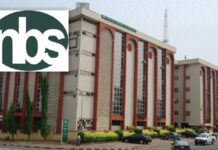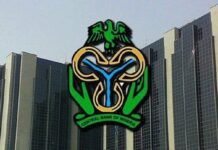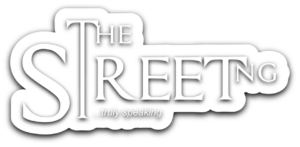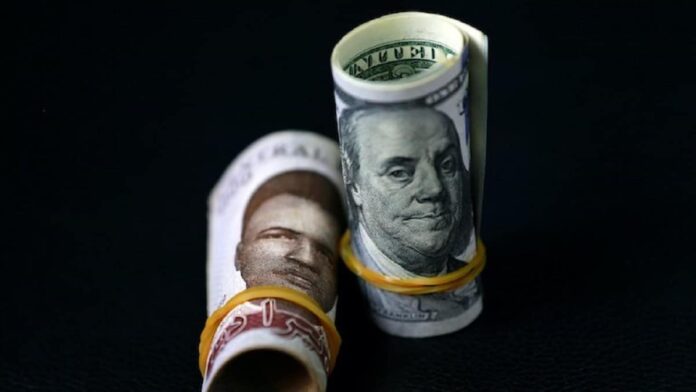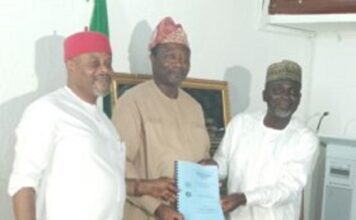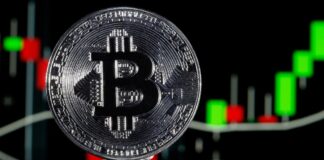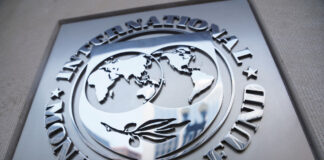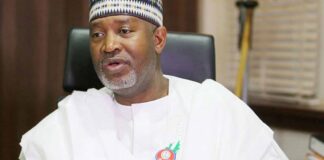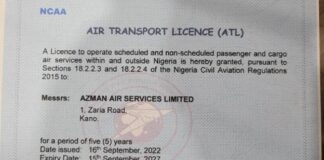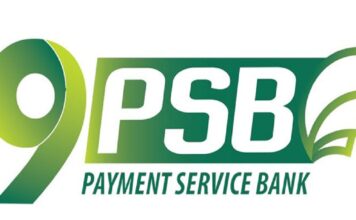Nigeria Shifts Towards Flexible Exchange Regime
Amidst multiple pressures facing the economy, Nigeria has indicated decision to shift towards flexible exchange regime as government adopt use of Nigeria Autonomous Foreign Exchange (NAFEX) rates for transactions.
In a recent statement, Finance Minister Zainab Ahmed said that the government will start using the rate that had until now been used by investors and exporters, known as the NAFEX rate, as the official exchange rate.
The previous arrangement, with separate official and NAFEX rates, meant that government transactions took place using a highly overvalued exchange rate of around N380/$ (official rate at the time),
Meanwhile some companies source foreign exchange at the weaker but still overvalued NAFEX rate of around N410/$, NKC Africa Economics said in a commentary.
In the currency market, the parallel market exchange rate has been trending around N480/$ since early March.
NKC Economics added that the multiple exchange rate regime has also been a key sticking point in Nigeria’s engagement with multilateral organisations.
The IMF’s most recent Article IV Consultation notes that the recommended policy mix is heavily tilted toward exchange rate adjustment given constrained capacity on the monetary and fiscal fronts.
However, the report also noted that Nigerian authorities do not agree with the need for additional exchange rate adjustment, claiming that current pressures are not related to the exchange rate per se but rather reflective of global developments.
Once the public health crisis has waned, investors will return to emerging markets, according to Nigerian authorities – dismissing the view that current policies are exacerbating weak investor sentiment.
Furthermore, the government highlighted that Nigeria’s stable exchange rate has contributed significantly to price stability, and that allowing further depreciation would add to rising inflation.
“We concur with the IMF, and the fact that the NAFEX rate has depreciated much more rapidly than most had expected suggests that authorities are also warming up to the idea that adjustment is necessary.
“The latest move by Nigerian authorities support this view”, expert said.
NKC Economics explained that despite the official naira exchange rate remaining stable in recent months, the spread between the NAFEX rate and the parallel market (black market) rate has eased slightly.
It said this willingness to allow the NAFEX rate to depreciate is indicative of authorities’ recognition that a more market-determined rate is necessary to ease pressure off forex holdings.
Nigerian authorities have regularly justified the management of the naira exchange rate by claiming that the inflationary pressure stemming from a weaker currency would be even more detrimental to the economy than the current arrangement.
“While we agree that there will be an increase in inflationary pressures, particularly in sectors that continue to benefit from access to forex at overvalued naira exchange rates, much economic activity is already absorbing the weaker exchange rate through parallel market channels.
“We expect the NAFEX rate to remain on a depreciatory trend this year, ending 2021 at N450/$.
“This would reflect an annual depreciation of just over 11%, which is somewhat stronger than the depreciation of 7.7% recorded in 2020”, NKC Economics stated.
FG to support MSMEs with $1bn syndicated loan — Trade minister
Nigeria Shifts Towards Flexible Exchange Regime
